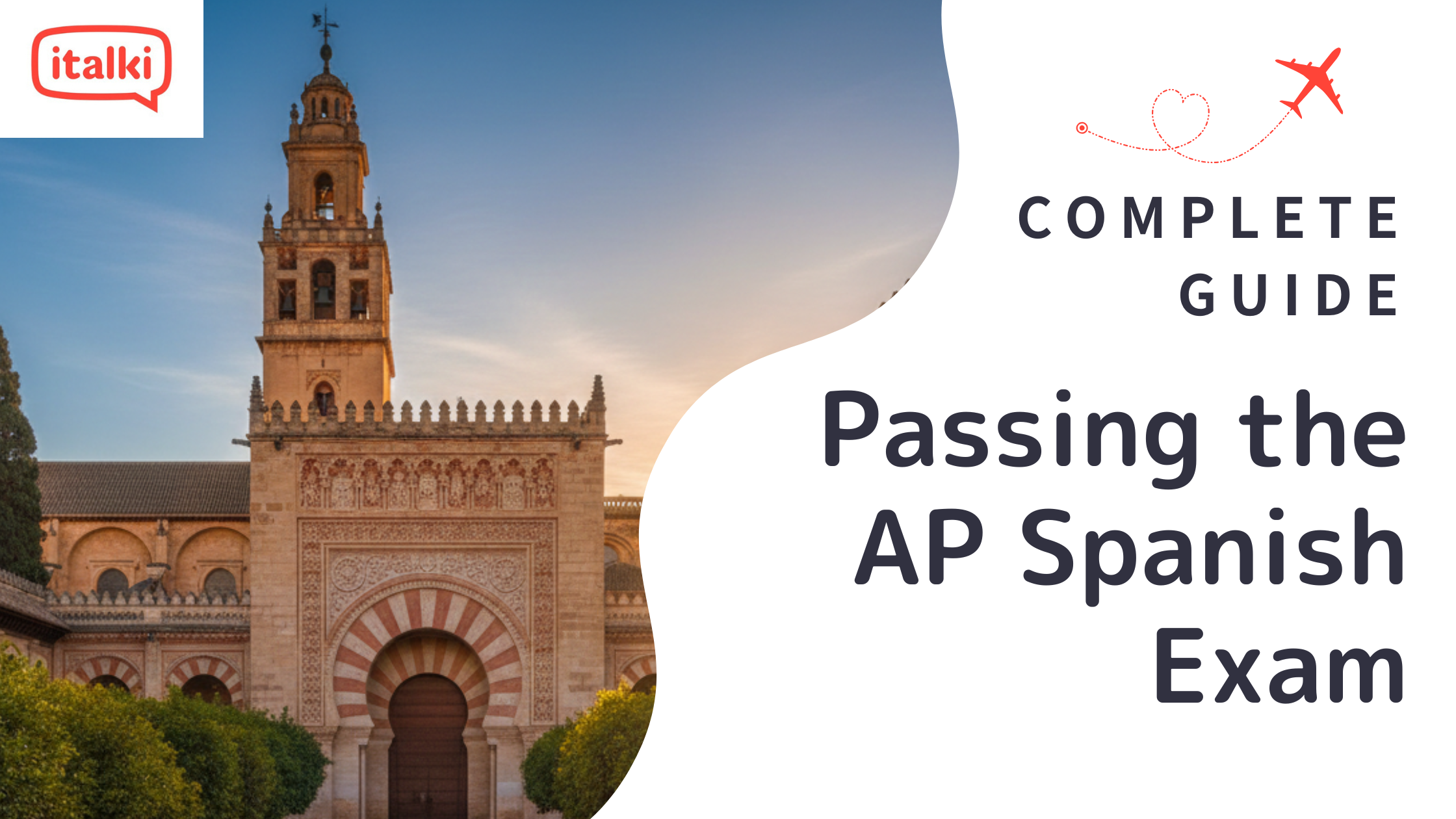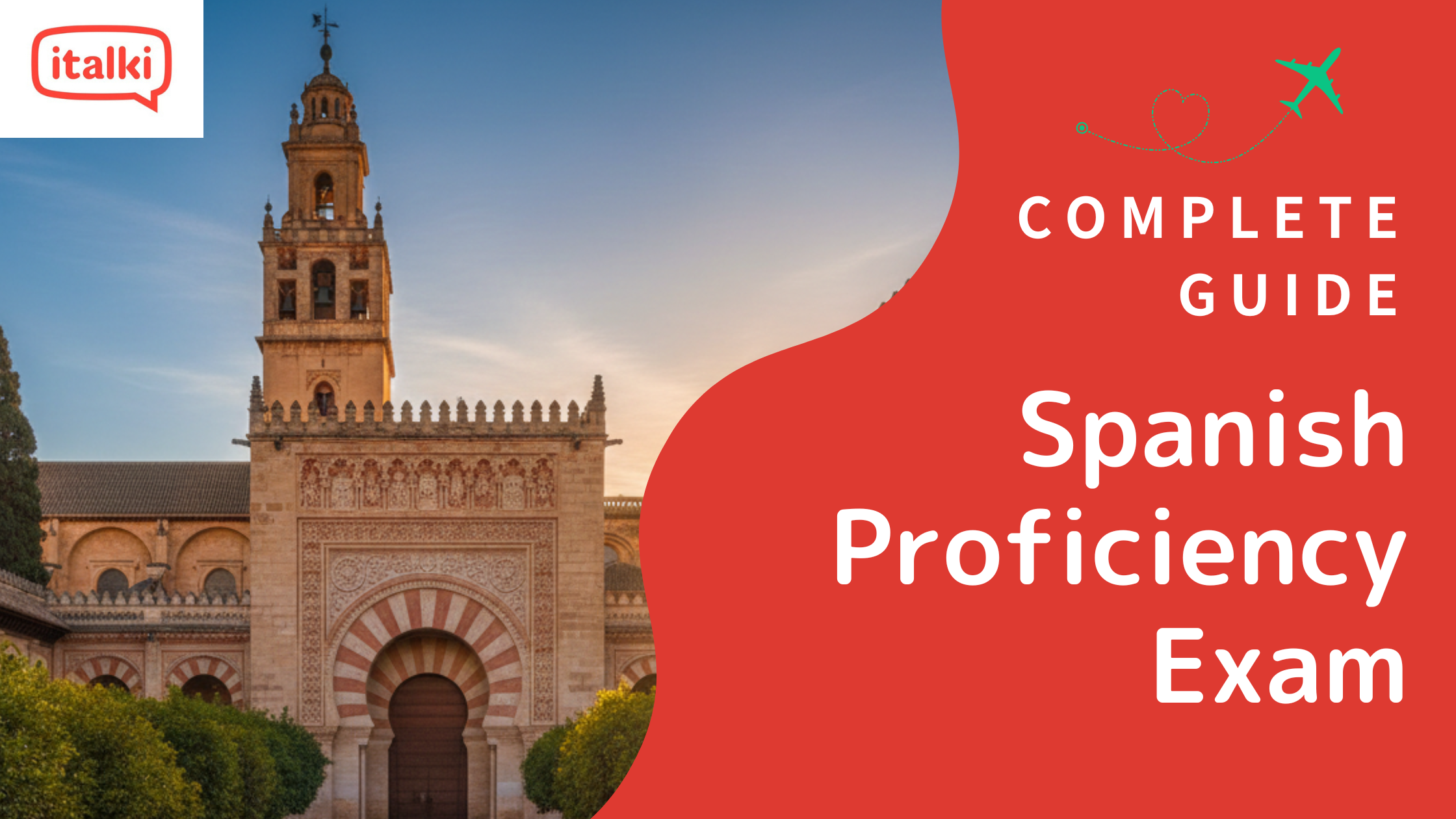Love needs expression. Germans have a bit deeper understanding when it comes to love and affection. You can learn German online to express your feelings to the special ones with the perfect love phrases. Love in the German language is all about being true to your feelings and emotions.
When it comes to expressing your true feelings, taking out the dictionary to say I love you can be the biggest turn-off point. You need to learn to express your feelings and that too with great confidence. To do so, you need to be clear with your words and pronunciation.
Whether it is a long-term commitment or new flames of affection, you need to be very expressive. Expressing the exact sentiment is essential. There are several ways to say I love you in German. All you are required to know is to whom you are expressing your feelings.
How to Say “I Love You” in German
We will start with the simplest version of saying I love you in German. It is the most straight and to-the-point way of expressing your feelings.
Ich liebe dich.
Translation: I love you.
There are several ways of saying I love you in German and you will learn them so stick to this guide till the end.
In German, the verb “to love” in German is lieben. Expressing your love to the direct object i.e. the person you love is taken as an accusative case. For instance, if you are expressing your love to your husband, you will say:
Ich liebe meinen Mann.
Translation: I love my husband.
You can also make a confession of your love to get a reply from the other person. For instance:
“Ich liebe dich.” “I love you.”
“Du liebst mich!?” “You love me!?”
Another fairly common verb is jemanden Lieb haben that means to have a love for someone.
Ich hab’ dich Lieb. “I love you”.
Captivatingly enough, this particular phrase is always said with the contraction hab’ instead of the full word habe. Many people feel that this is lighter to say the same thing as ich liebe dich.
If you are attracted to someone you can use the verb jemanden gern mögen.
Ich mag dich sehr gerne.
Translation: I like you very much.
This phrase is mostly used when you ask the person to take the friendship to the next level. When we express our feelings to the people we love, we also like to hug and kiss them. Hugs and kisses are a great expression of love and care. ‘To hug’ means umarmen in German, followed by küssen which means, “to kiss.”
Ich will dich umarmen.
Translation: I want to hug you.
Könnte ich dich mal küssen?
Translation: Could I kiss you?
In this last sentence, mal does not have a meaning in the literal sense. It is a filler word, used to keep things informal, and also with the sense of “just once.”
The verb used for cuddling is kuscheln which means “to cuddle”.
Ich habe nichts mit ihm getan, nur kuscheln.
Translation: I didn’t do anything with him, only cuddled.
German adjectives related to love
If you want to pay someone a compliment, you will most probably use one of the following adjectives in German: gutaussehend (good-looking), schick (handsome, stylish), hübsch (pretty).
For instance,
Was für ein hübsches Mädel!
Translation: What a pretty girl!
Du siehst heute so schick aus.
Translation: You look so handsome today.
These words sometimes sound childish. If you want to have a mature conversation, you can say:
Ich finde sie sehr nett.
Translation: I think she’s very kind.
Ich will einen rücksichtsvollen Freund.
Translation: I want a considerate boyfriend.
German nouns related to love
There are many nouns related to love. Some of them are metaphorical, for instance, das Herz (the heart).
Wenn ich dich sehe, schlägt mein Herz.
Translation: When I see you, my heart beats.
What about the stars in the sky, also known as die Sterne? They are associated with mystical wonder and beauty in both German and English.
Jemand hat Sterne in deine Augen gelegt.
Translation: Someone has placed stars in your eyes.
Das Gefühl is another one that means “feeling.”
Wenn ich mit dir bin, habe ich ein gutes Gefühl.
Translation: When I’m with you, I get a good feeling.
Because German nouns are easily compounded, you can have ein Liebesgefühl (love feelings) as well as der Blick (view) and der Eindruck (impression). These are words that are not directly related to love but are frequently used to describe it.
Als ich dich gesehen habe, war es wirklich Liebe auf den ersten Blick.
Translation: When I saw you, it was truly love at first sight.
Ich hatte auf einmal einen sehr guten Eindruck von dir.
Translation: I immediately had a very good impression of you.
German Idioms related to love
Stehst du auf mich?
Translation: Are you into me?
Auf jemanden stehen is probably the most informal way of saying “I want to be with someone.” In this case, it connotes physical desire or perhaps just a passing fling.
Mein Herz hängt immer noch an dir.
Translation: My heart still lies with you.
We say in English that one’s heart “lies” with someone. The equivalent in German is “hang.” By the way, Herz hängen can also mean “to have your heart set on something.” It doesn’t have to be a person in that case.
Glück in der Liebe!
Translation: Best of luck with love!
This is a short set phrase that you might use when someone tells you that they are newly single or that their love affairs are not going as planned.
Some cute German idioms
Liebe geht durch den Magen.
Translation: Love goes through the stomach.
Alte Liebe rostet nicht.
Translation: An old love never rusts.
Ich könnte dich vor Liebe fressen.
Translation: I love you so much, I could just eat you up.
Remember that the verb fressen is normally used for animals. The proper German word for a person eating would be essen instead, but fressen evokes a sort of wild frenzy potentially quite applicable.
Expressing to someone that you never want to let them go is the best thought ever. In German, there are a couple of phrases that you can use to say that you want a long-lasting relationship and never want the other person to leave you. Some of the major ones are:
Ich bin in dich verliebt, für immer und ewig.
Translation: I’m in love with you, for always and always.
Ich werde dich nie verlassen.
Translation: I’m never going to leave you.
Ich will dich immer für mich behalten.
Translation: I want you to be mine forever.
There is nothing more precious than love in this world. And after tens of thousands of years of humans describing it, we have become quite poetic about it. As flowery as possible, love is all about making people feel valued and special.
As you have learned expressing your love in German requires you to have some applicable skills. You need to be very clear about the phrase you use. Do many people wonder whether is German an easy language or not? Remember learning any foreign language requires a great deal of hard work and consistency.
Learn German on italki
You can now learn to speak German with italki. It is the one-stop solution for all your language learning problems. It has a group of the best online German tutors who will help you to make the right choices of words in your German conversations. They will not only help you improve German grammar but will also guide you to hold several formal and informal conversations with practical examples and exercises.

Find Your Perfect Teacher
At italki, you can find your German tutor from all qualified and experienced teachers. Now experience the excellent language learning journey!
Book a trial lesson
Why learn German on italki?
Learning a new language is a thrilling endeavor, and when it comes to mastering Spanish, selecting the right platform can significantly impact your success. Among the plethora of options available, italki stands out as a dynamic and compelling choice. Here’s why choosing italki can be a game-changer in your Spanish learning journey:
1. Personalized Learning Experience:
italki offers a highly personalized approach to language learning. With a wide selection of experienced German tutors and native speakers, you have the freedom to choose the perfect instructor for your learning style, goals, and preferences. Whether you thrive with structured lessons, casual conversations, or targeted skill improvement, italki’s diverse pool of tutors ensures a tailored experience.
2. Native Speaker Interaction:
One of the most valuable aspects of italki is the opportunity to interact with native German speakers. Conversing with a native speaker not only sharpens your language skills but also exposes you to authentic expressions, cultural nuances, and colloquialisms that textbooks might not cover. Engaging with a native speaker of italki fosters a deeper understanding of the language and its cultural context.

3. Flexibility and Convenience:
italki recognizes that your learning journey should fit into your schedule. With italki, you have the freedom to choose the time and frequency of your lessons, making it an ideal option for busy individuals or those with varying schedules. Whether you’re a morning person or prefer evening sessions, italki’s flexibility ensures that learning German seamlessly integrates into your routine.
4. Instant Feedback and Correction:
Real-time communication is essential for language improvement, and italki’s video sessions provide just that. During your one-on-one lessons, you’ll receive instant feedback and corrections from your tutor. This immediate guidance enhances your pronunciation, grammar accuracy, and overall language proficiency.
5. Goal-Oriented Learning:
Whether you’re a beginner aiming to establish a strong foundation or an advanced learner striving for fluency, italki accommodates your goals. Tutors on the platform are experienced in catering to different proficiency levels and can tailor lessons to address your specific needs. This goal-oriented approach ensures that your German learning is efficient and effective.
6. Cultural Enrichment:
Learning a language goes beyond grammar and vocabulary; it’s about understanding the culture and context behind the words. italki’s native Spanish-speaking tutors provide insights into cultural practices, idiomatic expressions, and everyday life in German-speaking countries. This cultural enrichment adds depth to your language skills and fosters a more holistic learning experience.
7. Community and Support:
italki isn’t just a platform for lessons; it’s a community of language enthusiasts. You can connect with fellow learners, exchange experiences, and share language learning tips. This sense of community provides motivation, encouragement, and a network of like-minded individuals who share your passion for mastering German.
Conclusion
There are several phrases in German that are used on different occasions. For instance, several German Christmas sayings and love phrases. Learn them today to express to people what you feel and how much they mean to you.
To learn German, you can get your hands on italki’s German lessons, designed especially to improve your German vocabulary. Their one-on-one lessons will make you fluent in no time.
Want to learn a language at italki?
Here are the best resources for you!



















